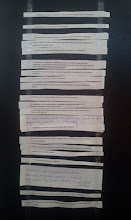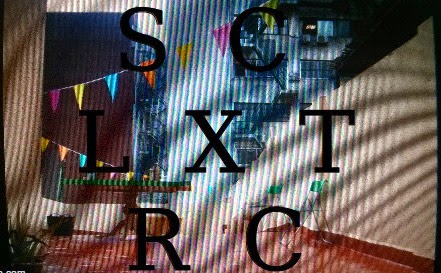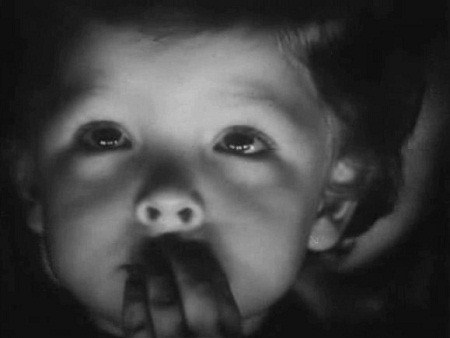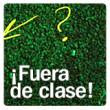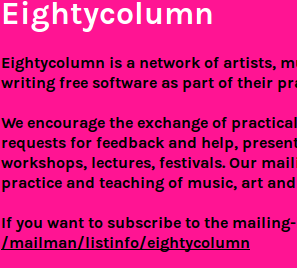He firmado el comunicado anti-ACTA redactado en el marco de la red internacional de medialabs, LabToLab. Pego a continuación el grueso del texto, escrito de forma colaborativa:
////////////
INTRODUCTION
Wikipedia is a wonderful example of free culture. It produces knowledge and the process by which it does so also enriches its participants. It is a large scale pedagogical experiment where all learn from all, radically democratic, open to reading and writing. It encourages debate and is in constant evolution. Problems like defamation and copyright infringement exist in Wikipedia but are handled ad hoc when they occur. Wikipedia doesn't ignore these problems, but chooses to explain participants what fits in the platform and what not. And when errors are made, they are taken care of with flexibility and in dialog. The fundamental a priori relationship Wikipedia has with its user is trust.
Free culture questions and nourishes society; it feeds imaginaries and can act as an antibiotic to its diseases. It evolves through comments, re-interpretations, mixes, forks and variations. Creation is not a one-way process, it is a complex feedback loop that encourages participation and contribution. To develop and survive, free culture requires tools, workspaces, and collaborations based on an exchange system:
Free culture needs to be able to customize existing tools, and create new tools if needed. This creates the possibility to explore tastes, styles and ideas beyond what is taught at school. The learning process requires access to source code and documentation, in order to understand what is behind an interface and how to engage with the communities that develop them. Proprietary software is expensive and reduces the diversity of tools available. Monopoly practices of closed source software companies reduce it even further. With limited cultural budgets, we prefer to support the development of free software which can be shared amongst a community of libre practitioners.
It requires the availability of flexible workspaces. Medialabs provide high quality digital spaces for experimentation. A painter may choose a studio because of certain light conditions, an artist working in a medialab must be able to adapt a digital space to the conditions of his or her specific cultural production.
It thrives in a context that fosters diversity. Confronting different languages for example, offers different ways of thinking; diversity allows people to change perspective and therefore they can transform and innovate.
It supposes ongoing Collaboration and exchange. In free culture, participants are not confined to the role of consumers. They are allowed to access, respond and transform materials. Free culture presupposes collaboration and dialogue, involving an exchange between multiple disciplines: artists, engineers, scientists, musicians and everyday citizens.
As will be evident through the following 5 main concerns, ACTA threatens this exchange system on several levels.
What if Wikipedia, by the effect of harsh policy, had to adopt a defensive approach against its users? What if it had to prevent any infringement before even it happens? Any modification before it would become public? To chose always the safer description to stay away from trouble? To create committees of moderators, and committees of committees who would have to approve all additions? The Wikipedia model would shift away from content and discussion towards regulations. Or more simply put, Wikipedia would go back to the old model of encyclopedia Universalis.
CONCERNS
1. Free culture needs clear laws
In creative production, mixing and meshing is common practice. The ability to make citations, appropriations, parodies etc. is essential for a vibrant culture. The vagueness of ACTA is therefore a problem. Actors need to be confident about their investment in free culture in order to engage and invest in it. By badly defining possible infringements and their scope, ACTA creates a climate of doubt and insecurity. Vagueness is a deterrent, it actually implies rigidity. When the scope of the treaty remains undefined, we can expect that disproportionate measures will be taken "to stay on the safe side": publishers will want to prevent problems before they occur, artists will anticipate the decision of publishers.
ACTA brings under the same hood a mixed bag of 'infringements': file sharing, copying, counterfeiting, patenting are treated as if they are of the same order. But copying and counterfeiting are not synonyms. Assimilating all IP infringement to counterfeiting, makes it difficult to respond adequately to a situation where exceptions to author's rights and fair use provisions have their role to play. It makes it hard to be nuanced in a cultural context where nuance makes all the difference.
2. Cultural practice is not about commerce
ACTA is based on a poor definition of 'commercial' and 'non-commercial' activities. For the interwoven tissue of hybrid economies that drives cultural production, such a definition is at the same time disproportionate and inoperative. ACTA blindly affirms distinctions based on a caricature of cultural practice. The crass fuzziness of ACTA leaves the door open to grotesque measures and arbitrary decisions.
The definition is disproportionate. ACTA states that harsh measures will be applied to 'commercial scale infringement', but extends measures to 'non-commercial infringements giving a commercial advantage to a third party'. This results in a very wide definition of commercial activities, therefore it extends the scope of the treaty almost indefinitely. Concretely, it would mean a blogger sharing a file on a page that displays advertising, would be met with the same rigour as a large-scale infringer; linking to a PayPal account would qualify as 'operating on a commercial scale'. Medialabs provide their collaborators with digital workspaces. They offer online services to a large network of practitioners. The current ACTA agreement would define a medialab as an ISP and make them subjacent to the same measurements that exclude flexibility and experimentation and would paralyze their functioning.
The definition is inoperative because it refuses to recognize the assemblages of innovative models in the permanent process of constructing cultural wealth. The un-challenged distinction between 'commercial' and 'non-commercial' obscures the fact that professional production relies on our culture at large. What would Walt Disney be, without traditional fairy tales? The company makes millions from Snow White, but calls the same people who conveyed the oral memory of the tale to the present day 'infringers' when they want to re-interpret the tale. Would Snow White have been such a success if millions of families had not already for centuries told and enriched the tale, with all their love and creativity, long before Disney had ever thought of drawing the first scene of the movie? Why is their commercial appropriation legitimate when the re-use of Disney imagery is met by the most rigourous enforcement measures?
Professional artists and entertainment companies have always both nurtured and exploited resources from living culture. Living culture borrows from, responds to, and is inspired by commercial production. But rather than encouraging the continuous flow of creativity between cultural zones, ACTA legislators consolidate an artificial vision of culture where a few 'creators' are broadcasting to a passive mass of customers while, in fact, these 'customers' co-create commercial products in various ways.
3. Cultural heritage deserves to be used
On-line cultural heritage archives help build and reinforce our historical memory and identity. They empower the social and political awareness of citizens. It is important to acknowledge and promote new forms of collective production and take full advantage of the technical properties of digital objects, use new technologies of information and communication and revive and reuse archive materials. We are concerned that ACTA contributes to a counter-productive fear of participation in reading, writing, adapting and distributing digital cultural objects.
Digital environments offer the potential of easy access to books, photographs, pamphlets, audio recordings, video files, radio broadcasts... Digital reproductions of public domain documents that are part of our mutual cultural heritages, can and should in principle be copied, remixed and re-used in new works. They should be consulted, tagged, connected, and commented upon. In this way, users collectively build high quality public repositories and sustainable archives of information, enabling the culture of our future to benefit from the richness of our cultural past.
EU policy aims to support citizens to appreciate and enjoy their heritage. For that purpose they need to be and feel part of the process of culture. If laws are made to regulate the circulation of digital objects, we not only need to worry about the protection of commercial production, but we most of all need to make sure that the acccessibility of past and future culture is guaranteed. How can future generations build on a legal actuality that is aimed at exclusion and the protection of products, and not on the protection of culture?
For this reason, we are concerned about the future of orphaned works. Under the Berne Convention, The European Commission has provided partial solutions understanding the importance of making available to the public an heritage whose owners are difficult to trace. We strongly support the idea that works with no explicit copyright or owner should belong to the public domain and should therefore be managed, accessed, re-used and distributed collectively. The provisions in ACTA are closing off one promising avenue for policy intervention.
4. ACTA would harm our international collaborators
The day to day reality of cultural production in the age of the internet means that work takes place in an international and intercontinental context. This is an aim and a desire, and an integral part of our daily practice. Building productive exchanges with international networks is vital for our work. Now and in the future, we contribute to projects in developing countries, and in countries outside ACTA.
Needless to say that adopting ACTA will have a recursive negative effect on all cultural work done within ACTA countries. Restrictive measures that hit one area of production, will without doubt be felt in another.
Defining an all-encompassing commercial way of dealing with culture will have a disastrous effect on digital literacy and access for people from developing countries. They would be suffering even more from the weakening of free software, from harsh restrictions on legitimate copying, losing the flexibility that is necessary for collaborative production.
5. We are alarmed by the opaqueness of the process
Transparency is central to open networks. As medialabs, we try hard to make our organisations function in ways that are easy to understand for everyone involved. In our projects we favour systems open to discussion, questions and contestation. We therefore cannot help but to be alarmed by the way this treaty has been drafted.
As long as the definition of the terms, on which ACTA is based, remain open to interpretation, the treaty will provide avenues for arbitrary decisions. This in itself is enough reason not to ratify the agreement.
We are irate to find out that a treaty that has been negotiated in the most opaque way imaginable, demands faith in a future committee whose powers will include changing the terms of the treaty itself. We see no reason to trust ACTA with a blank cheque.
ACTA is the result of a process that only very late acted out a mere parody of consultation, and involved a very limited representation of stakeholders. This treaty should by no means be validated.
///////////////
SUPPORT THE TEXT
Please send your name, the name of your organisation, your role and your country to acta@labtolab.org
skip to main |
skip to sidebar
Páginas
contact/o
jara@riseup.net
LINKORAMA
- #10penkult
- 00:03:57:21 : REPONEDORAS
- 404: SCHOOL NOT FOUND
- Acoustic Mirror
- Active Archives
- Algolit
- Atlantic Arc
- Banda Editorial Silvestre
- Bookcamping
- Buah!
- Casi Baile
- Colaborabora
- Constant
- Contándonos /Bookcamping/
- Demasiado superávit
- Doo-wah-da!
- EURACA
- Eightycolumn
- Entorno de posibilidades
- Feedback Look -> masterDIWO
- Festival Punto de Vista
- Fictionlab
- Free Culture Forum
- Gender Art Net
- Genderblending
- Género y Tecnología - MLP
- Human/Inhuman/Posthuman
- In the air
- Intermediae
- LABtoLAB
- La Electrodoméstica
- La Prospe
- Medialab-Prado
- Monoskop/log
- Objetologías
- Open Source Publishing
- PTQK blogzine
- Parlez-vous Saint-Gillois?
- PiNG
- Promiscuous Pipelines
- Prototyping
- RELEARN
- Samedies -> femmes et logiciels libres
- Scaramouches (cine-club de La Morada)
- Sexo Hipster
- U.K.I. game
- WJ-S
- ZEMOS98
- globo->rápido
- masterDIWO
- mediación cultural -> masterDIWO
- minipimer.tv
- petitbain.net
- querido Youtube
- rsmp
- russian dolls
- summerlab -> plataforma0
- ultra-lab
- vaciador34
- video Framemesh -> masterDIWO
- ¿Quieres hacer el favor de leer esto, por favor?
Archivo del blog
-
►
2022
(31)
- ► septiembre (2)
-
►
2021
(35)
- ► septiembre (5)
-
►
2020
(29)
- ► septiembre (3)
-
►
2019
(28)
- ► septiembre (3)
-
►
2018
(30)
- ► septiembre (4)
-
►
2017
(19)
- ► septiembre (2)
-
►
2016
(24)
- ► septiembre (1)
-
►
2014
(63)
- ► septiembre (11)
-
►
2013
(32)
- ► septiembre (2)
-
►
2012
(28)
- ► septiembre (3)
-
▼
2011
(8)
- ► septiembre (1)
-
►
2009
(11)
- ► septiembre (1)
![[fellowship] LaaS (Life as a Service)](https://blogger.googleusercontent.com/img/a/AVvXsEijogwX9jgADqQ9A00tu8fCFaF8ARU8Sq0EXI0Z_PBE8M-SVpgMWAUiHJjw4-QwLjz-KCQlOgyvJNwpvBLe41Gr7xN0xlWzvyrGxZg9mUIH9-q3xEF51MSk6UnyUkD--ZptqoMcp7XSlgD8wV5MVeUaN8o7X34SnScuLZ4C76XyW6U8JDneHWrSw8vZ=s220)
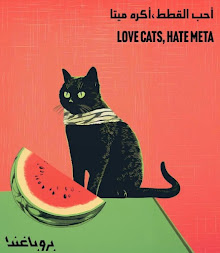

![[associate membership] TITiPI](https://blogger.googleusercontent.com/img/a/AVvXsEjcMlj6-I_3r2L84w6kGyECKoYCgG_clIbPgkJU643pGFonPn9P-UV_qnNI3V-pjgEVFigNgse4IABpsD7WRie8evGe1jdLZOV92rg_McRtrbSIJOTVzyUW5Xx4ITTYM3JL-d90tF-XGKpKscmUYcnrts654lnj1hVbrHZUBvKA8X5pZPXL6DIoILz9=s341)
![[escuela] Elefantes en la habitación](https://blogger.googleusercontent.com/img/a/AVvXsEgg8WMXXVVHA5uHIAlHGUstKTSRhzQEhEORdROKz8QBgLMPCtYxyNIyCnuFkFwDAoixgS1XMLDeGEtm5P0cXW3AUi6AB179S0Ei6BueXW8NXbREYnik1VICivjPvl7G2Ti597fcw2OQ38cWzV0BpfG3MijQiSAzCdVmj67HS4VIiCsQV5dLgdOubMvIGiM=s220)
![[book] Volumetric regimes: material cultures of quantified presence](https://blogger.googleusercontent.com/img/a/AVvXsEgmU-TcPBoSAK-bYjc2IS1c3j6YaoY0bAmoWeJphwdAVgJ1vRcZP_dg5Ki_GWBYPakurYUpM6XIlUGJKAKALaYhdx-sLtC-KlL3NocFIq5S3RzmuefQP1pCwpUTjJ4it_itZKmY1FLZ-GuvAE1PHWP90G9nxsDRdyPVaoyQxl6s3A0SQEeRxP5fNlcI=s332)
![[manual] Queering Damage. Methodologies for partial reparation... or not.](http://1.bp.blogspot.com/-LXiukBqmNXA/YKFAjGNlzSI/AAAAAAAAClM/Erd_vyTQRnI2ZEXsog-_LbXESkJVBTjcACK4BGAYYCw/s1600/QD.png)

![[radio] naturoculturas son disturbios](http://2.bp.blogspot.com/-eJOftMCOqJw/X7PSaTTDzUI/AAAAAAAACho/rgEzgCUj1Ic-678lT9SYRUqXHqjUu1rBACK4BGAYYCw/s1600/tapiz.jpg)
![[project] the underground division, with Helen Pritchard & Femke Snelting](http://3.bp.blogspot.com/-Vb7dizB_Aew/Xw8pkrj7HNI/AAAAAAAACfI/3vaCtXWJmHk2KooveX2cNb6Wi1KBFs2SwCK4BGAYYCw/s1600/unthoughtinfrastructure.gif)
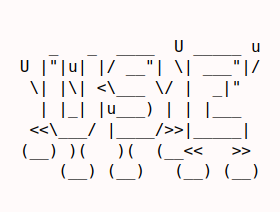
![[expo] Dorm en l'accident que provoca](https://blogger.googleusercontent.com/img/a/AVvXsEgjj7ASH7edRFh6yretcviCckrs19chm_iyuaa0PyNeRqKj6EWr5C8wRAUQXNsR0rSxSIY0-j_a0z1PfmEjabITfUBWfMwqCNKLo9Fvb65P31PtSbEiBBJ_HhiNrs1iVFZsD4LWicCfvZXM20ivsPoG2XfLBZYGBhv7Iavs2VPb0uGV2mYehjf7mzdm=s220)
![[exposición] La Irrupción](https://blogger.googleusercontent.com/img/a/AVvXsEiJnQT68iCPb08I1Bq9Cq8cGWfRLxF_cwD3tqfqovDvh1oy1L-Mj5DVkBsyBEezs9ydH0kVterKMClhihz3EkJgySfauazM8-YsPZRI2qUOQKSWKE8phvjFy5lPNqE5r60m0bbgm4eyMXVA4xktKU5hrJoQ6gBv22a7QRAhFlmFDxYQVATl6orDZ-oK=s311)
![[Fellowship] Spectral Infrastructure | Cell for digital Discomfort](https://1.bp.blogspot.com/-1Mz9nkd7kyc/YUC9_z-hWZI/AAAAAAAACnw/yb9WDXWR2J0XT-0G0tw06NeA7Olw0vH9ACLcBGAsYHQ/s220/Spirit-Labour-1-web-2000x1335.jpg)
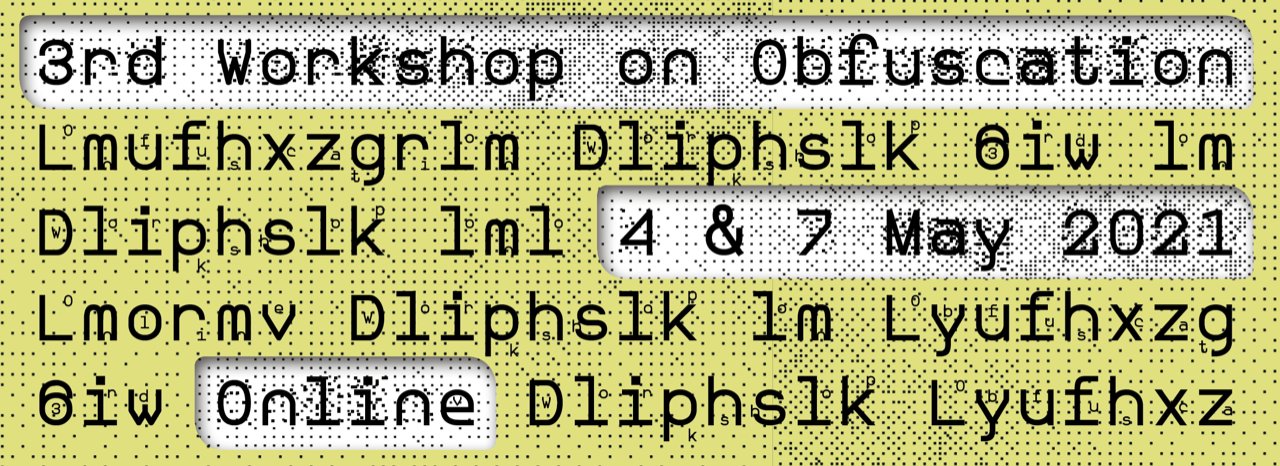
![[paper] Figurations of Timely Extraction](http://3.bp.blogspot.com/-EEElb_fstsE/X-JKErsMDnI/AAAAAAAACiU/uBoa0G9v3J0jXgtTtY-bOtx9eCx0Z-QRACK4BGAYYCw/s1600/hueco.png)
![[weft] The Relearning Series (with Martino Morandi)](https://constantvzw.org/site/local/cache-vignettes/L650xH614/arton3397-dd459.png?1609926532)
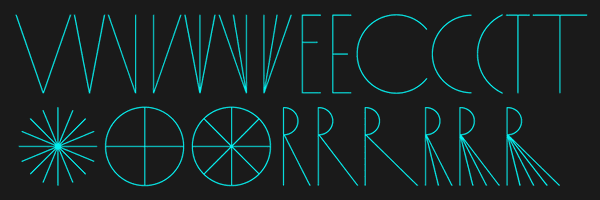
![[text] The Courier Bag Praxis of Friction](http://2.bp.blogspot.com/-rwB5cuz7Nso/XdbCtzNSDXI/AAAAAAAACaM/M4K3GJ5DWggsa_4QE4b1wUnEl7RMb7pSgCK4BGAYYCw/s1600/amz.png)
![[text] We Have Always Been Geohackers](http://2.bp.blogspot.com/-8BmPDN2rBsU/XqmEU9CXX7I/AAAAAAAACcY/pcyARZc0W1wfvfpF_7u9J_-zrspcGT0CgCK4BGAYYCw/s1600/600px-Image04.png)
![[entrevista con Nerea Ubieto] unos corpus a través de otros](http://2.bp.blogspot.com/-0_bjDza1kNM/Xw8oXD4wlVI/AAAAAAAACe8/Dtq63XbpeBUurLduks1DUllgs9C-wci3gCK4BGAYYCw/s1600/yaaun.hotglue.me.jpeg)
![[book] Iterations](http://3.bp.blogspot.com/-lPq3XYhb2sg/Xr2YfP137KI/AAAAAAAACcw/Mr3UWKSzkMgXplIMuRl7zb0fAIEEdubNgCK4BGAYYCw/s1600/iterations_img.png)
![[text] Depths and Densities: a bugged report](http://2.bp.blogspot.com/-6ZOLIzgxql0/XYs4n31larI/AAAAAAAACYU/4-_ZiDlW64gq37asORZYzucTqIQIJHW-wCK4BGAYYCw/s1600/2.gif)
![[expo] ROCK REPO](http://1.bp.blogspot.com/-sZWN9EHxUZM/XiBDs0irMDI/AAAAAAAACbU/fpHwrq8p1ackZtOWE-x4JbBq9wARbI3eQCK4BGAYYCw/s1600/ROCKREPO.png)
![[ciclo] unsupervised imaginations](http://2.bp.blogspot.com/-bPb_qCmEwOA/XiBCnNU7ksI/AAAAAAAACbI/GxHrqiS0C7cYh7C0xcK6EMWm2q3Tg4X9wCK4BGAYYCw/s1600/done.png)
![[texto] O o no O](http://2.bp.blogspot.com/-z3dqpqevjEI/XdbINfBM4lI/AAAAAAAACak/Y6sTzqZPu_gqRqpyxL7SqeIC3zg7EkftACK4BGAYYCw/s1600/OOO.png)

![[text] testing texting South: a political fiction](https://s-media-cache-ak0.pinimg.com/236x/ee/bb/77/eebb777b79c372e431f8f01a9f8c417e.jpg)
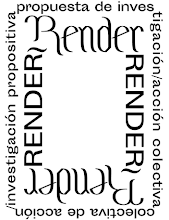
![[texto] connivencia km 0](https://a-desk.org/wp-content/uploads/2019/02/yCNQVn7-595x356.jpg)
![[texto] tendido topológico de opacidad](http://68.media.tumblr.com/e676dd7629cd52e1ce1bdb64223950d5/tumblr_oqrvcsjHMp1r7nmp9o1_500.jpg)
![[workshop] queering damage: methodologies for partial reparations... or not](https://hangar.org/webnou/wp-content/uploads/2018/09/fotoactivitat-448x197.jpeg)
![[text] ultrasonic dreams of aclinical renderings](http://4.bp.blogspot.com/-H52-iMOqyxk/WxPAdNgi69I/AAAAAAAACMY/j4JJw_mDM5chr9DB9yFr1unE03drzE5vwCK4BGAYYCw/s1600/ada.png)
![[text] la Caníbal Mondothèque](http://2.bp.blogspot.com/-2AmJZaoZ6DQ/XG_8lEagqFI/AAAAAAAACSg/G_wb8mA_1skE8CRxc2adXM6Kf7kHZ0HpQCK4BGAYYCw/s1600/sss.png)
![[taller] Signos de desorden clandestino en la multitud uniformada y codificada](http://1.bp.blogspot.com/-g90noKfLvso/XID1fwNHk2I/AAAAAAAACS4/49GpVIKB6pwZs_a2NiZ0-pDZB3zOAiUUQCK4BGAYYCw/s1600/signos%2Bde%2Bdesorden.png)
![[book scanner] hackthebiblio](http://1.bp.blogspot.com/-K6Fcg2IHMOo/W_VRe_buifI/AAAAAAAACQ4/GqQ41wOOJNQDsp0gTjKaZBh76vTnhVi4wCK4BGAYYCw/s1600/marron.png)
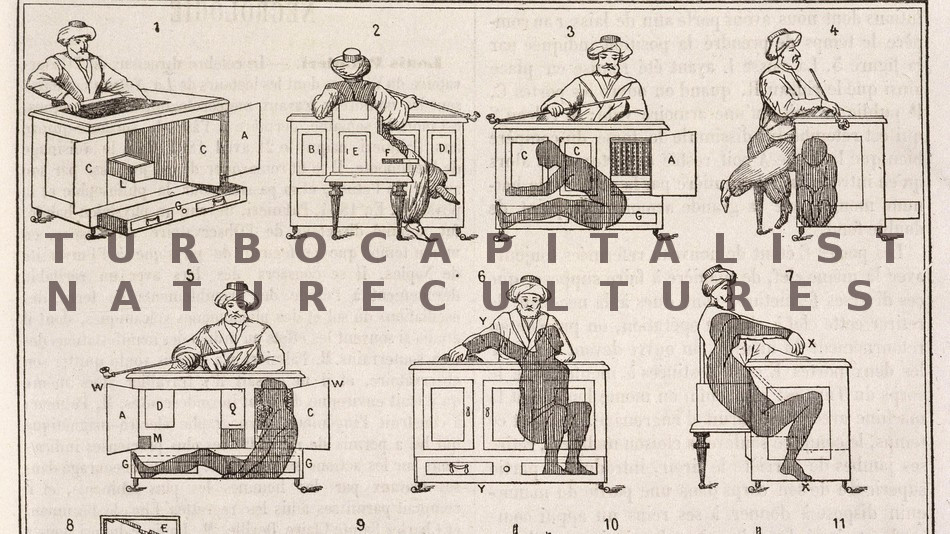


![[installation] somatopologies](http://www.constantvzw.org/site/local/cache-vignettes/L650xH459/arton3002-2d389.png?1529044157)
![[workshop] ageing companions](http://1.bp.blogspot.com/-0pIRFCt-JKE/Wx46-eD3pGI/AAAAAAAACM0/snZKH8YigMUCAtXVvMtcgOfsRLPJjWP-wCK4BGAYYCw/s1600/ageing%2Bcompanions.png)
![[curso] ya aún (con Laura Benítez)](http://1.bp.blogspot.com/-GUL6FLrVRgE/Wm4Y61sJqKI/AAAAAAAACHM/NrGoBKf8vxkbExoSlJ487ziXy378jcLwwCK4BGAYYCw/s1600/yaaun.png)
![[text] MakeHuman @ posthuman glossary](http://4.bp.blogspot.com/-thbyHWJ7aJw/WWTD0ji_FgI/AAAAAAAACCo/njA7C6KXCHMKsS35QJGTRPodihTaDly7ACK4BGAYYCw/s1600/posthuman%2Bgloss.jpg)
![[taller] Las promesas de los algos: una visión inapropiada/ble (con Nicolas Malevé)](https://hangar.org/webnou/wp-content/uploads/2018/01/tensorflow-448x298.jpg)

![[text] dis-orientation and its aftermath](https://media.giphy.com/media/L35lnVzYLgHFS/giphy.gif)
![[curso] fonaments del disseny](http://2.bp.blogspot.com/-AUeIee2eivM/WnmQaaR9mpI/AAAAAAAACHw/khMDypdnw8MnWpQOijY_AQtEcuzLALy_wCK4BGAYYCw/s1600/fonaments3.jpg)
![[revista] L/EN/G/U/A/J/E/o](https://1.bp.blogspot.com/-kq7SQc_3FFg/WbWWs7sKFfI/AAAAAAAADnE/GBYYcY5dPHUmCW6psmBmoYc5XRPo1d06gCLcBGAs/s320/Captura%2Bde%2Bpantalla%2B2017-09-10%2Ba%2Bla%2528s%2529%2B21.46.40.png)
![[methodology] workshop à la carte](http://3.bp.blogspot.com/-2keAktRvWvM/Wieze3oi2yI/AAAAAAAACGM/luz8sgbuRekmVBoDdBuwNEBGceUBdbZaQCK4BGAYYCw/s1600/teo.png)
![[text] tongues in the making](http://4.bp.blogspot.com/-IqirwW5LCSQ/VrNRZTnVUsI/AAAAAAAABqc/X3QoMlBfe8A/s1600-r/Captura%2Bde%2Bpantalla%2B2016-02-04%2Ba%2Blas%2B13.53.52.png)

![[texto] altas tensiones, saberes menores](http://blogzac.es/wp-content/uploads/2016/12/Tensiones_Aprendizajes_ColaBoraBora-768x521.jpg)
![[text] new criticals: cadavre exquis](http://www.newcriticals.com/_img/_article-uploads/tumblr_n896cez0Ln1tu5ph3o1_1280.jpg)
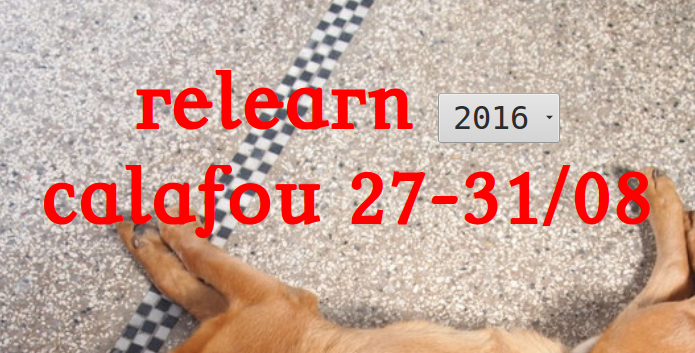
![[article] Let's first get things done! / Fiberculture Journal #26](http://4.bp.blogspot.com/-WZLUIptJM94/Vro1pwaIMJI/AAAAAAAABrk/Mx1ZYSUrq4o/s1600-r/graph.png)

![[paper] "La materia contraataca: una tentativa objetológica"](http://1.bp.blogspot.com/-uYxTKY6x8E8/Vg0AIEhlteI/AAAAAAAABfU/pUyicU7-6aM/s1600-r/m%25C3%25A1quina_cuadruple%2Bhaz.jpg)
![[expo] not yet know: ontologías sorpresa y agencia-ficción](http://36.media.tumblr.com/cb645e6566f7d7b938eadfb8b6211bd8/tumblr_nl1pgqOjJY1tu5ph3o1_1280.jpg)

![[libro] "El futuro de los centros culturales en la europa creativa"](http://2.bp.blogspot.com/-7ObPKR4gwAA/U9vbWH0JSeI/AAAAAAAAAzw/v3NueMEhzqg/s1600/euroz.jpg)
![[zine] catálogo restrospectivo de una soberanía objetual](http://40.media.tumblr.com/474e97cd6589b57032fbb079230ae643/tumblr_nkr05twfSL1tu5ph3o1_1280.jpg)
![[wiki] protocol for interdisciplinary research / Hangar / Grid_Spinoza](http://3.bp.blogspot.com/-Z7zs8EJByTs/VnBhHx-VRpI/AAAAAAAABmM/wIsUhGxuHJs/s1600-r/Pantallazo.png)
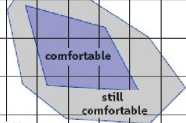
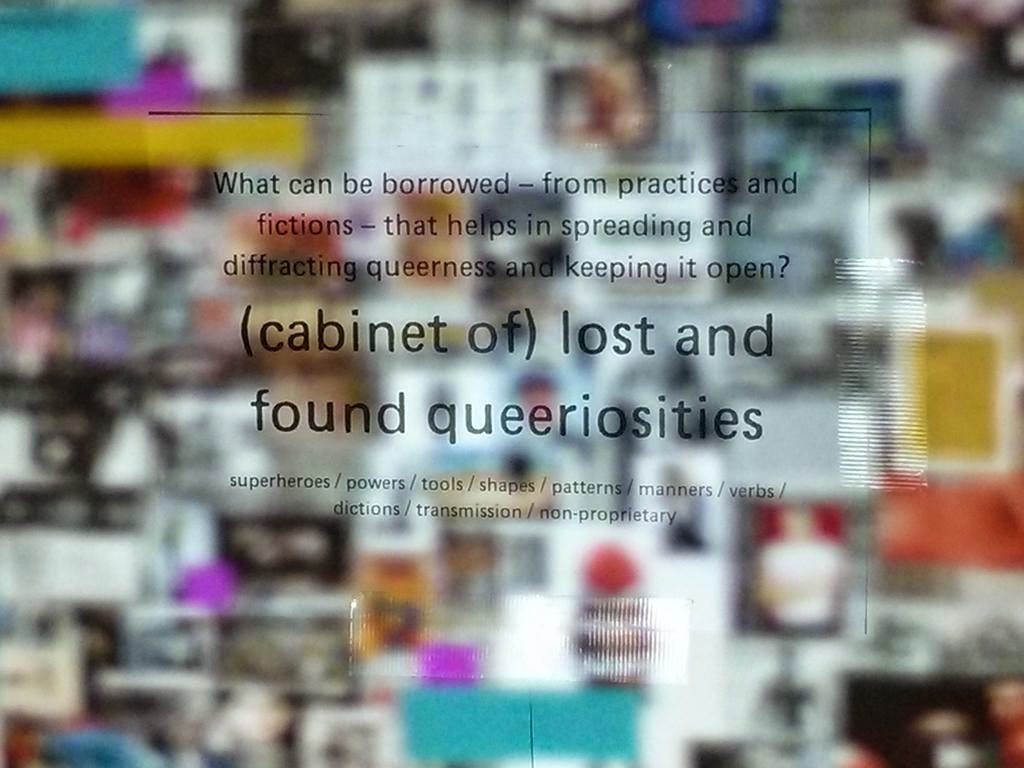
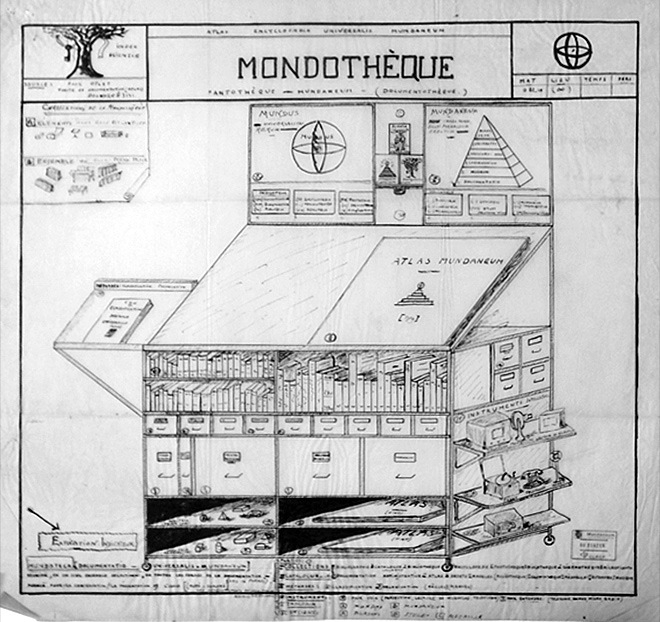
![[monográfico] Laboratorios de Procomún](http://3.bp.blogspot.com/-XEUy_xHiDQo/VrotjaSJmfI/AAAAAAAABrU/Zn1ZgeICBAc/s1600-r/teknokultura.png)
![[libro] Teknokultura: tecnociencia, arte y cultura](http://www.catarata.org/uploads/libros/imagenes/855dd3b0ba9d57cba1a8877e24d16c1037d45241.png)

